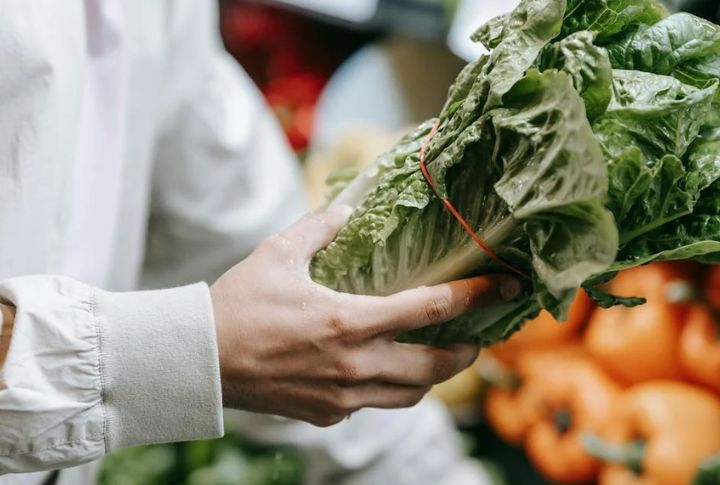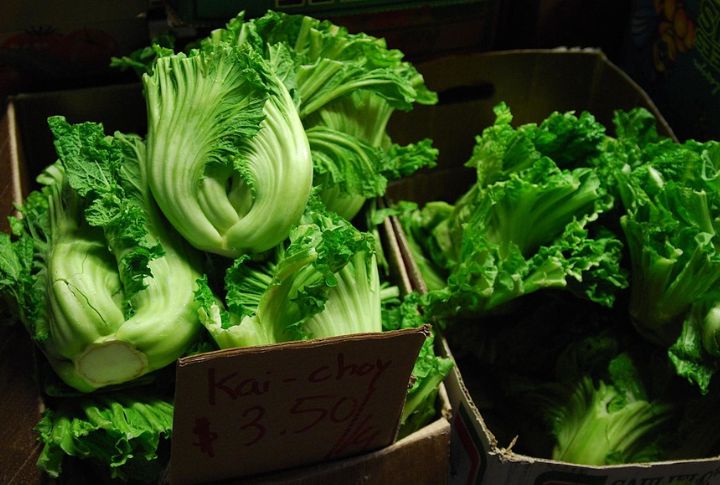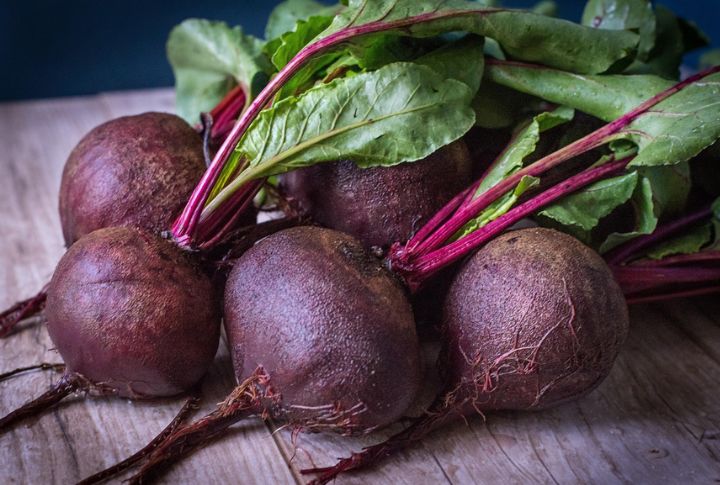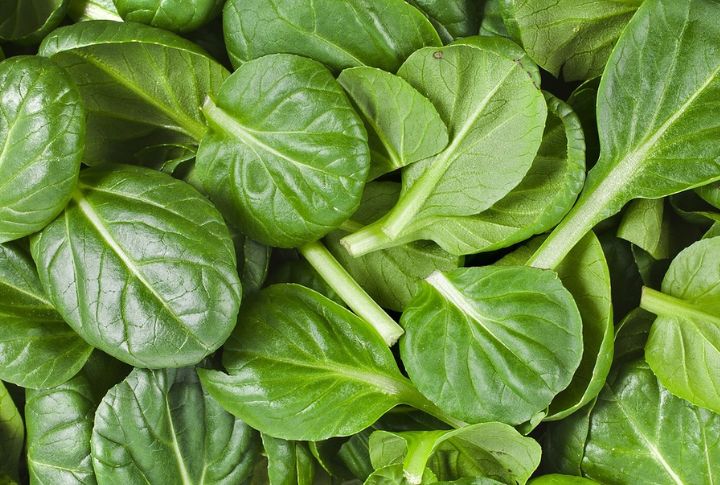
Leafy greens do far more than boost your vitamin intake: they directly impact gut health. Rich in phytonutrients and specific compounds that influence the microbiome, these vegetables support everything from digestion to immune response. Let’s highlight 10 surprising ways greens enhance gut health and overall well-being.
Feed Beneficial Bacteria

Leafy veggies, including kale and spinach, contain a unique sugar molecule called Sulfoquinovose (SQ), which selectively feeds good gut bacteria. This encourages the growth of strains like E. rectale and Faecalibacterium prausnitzii, both linked to anti-inflammatory benefits. According to research at the Walter and Eliza Hall Institute, SQ plays a major role in balancing microbial levels.
Support Short-Chain Fatty Acid Production

When gut bacteria ferment the fiber in greens, they yield short-chain fatty acids like butyrate. These compounds help regulate inflammation and reinforce the gut barrier. Butyrate in particular has been shown to reduce the risk of colon cancer by supporting healthy cell turnover in the colon lining.
Promote Regular Bowel Movements

Thanks to their insoluble fiber content, greens like collards and Swiss chard help move food through the digestive tract efficiently. Their action prevents constipation and reduces the buildup of waste-related toxins. One cup of cooked collards delivers about 8 grams of fiber, nearly 30% of the daily recommended amount.
Lower Gut Inflammation

Antioxidants in leafy greens, including lutein and beta-carotene, can decrease oxidative stress in the digestive tract. They can mitigate growths that disrupt gut flora and harm intestinal tissues. It has been observed that diets high in leafy veggies reduce markers of gut inflammation in adults.
Enhance Mucosal Immunity

Compounds in cruciferous greens like arugula and bok choy activate the aryl hydrocarbon receptor, which helps maintain the gut’s immune defenses. AhR signaling supports the function of intraepithelial lymphocytes, which are vital for guarding the intestinal lining. Studies on mice that were fed vegetables lacking these compounds showed weakened mucosal immunity and an increased risk of infection.
Reduce Harmful Bacteria Growth

By altering gut pH through fermentation byproducts, leafy greens help create an environment less favorable to pathogens. The fiber fuels beneficial microbes that outcompete harmful species like Clostridium difficile. Higher green vegetable intake has been associated with a notable decline in C. difficile colonization in hospitalized patients.
Improve Gut Barrier Integrity

Leafy greens high in vitamin K, like dandelion and mustard greens, help support proteins that create tight junctions between intestinal cells. They help prevent a “leaky gut,” where toxins and microbes pass into the bloodstream. Vitamin K1 promotes epithelial repair, which is essential after gut inflammation or minor intestinal injury.
Encourage Bile Flow And Detoxification

Chlorophyll in vegetables stimulates bile production, aiding fat digestion and the removal of waste through the digestive tract. Efficient bile flow supports the elimination of toxins and reduces strain on the liver. Beet greens, in particular, are noted for enhancing this process due to their high chlorophyll and magnesium content.
Regulate Gut Transit Time

Magnesium-rich greens like spinach provide magnesium, which supports muscle function and may contribute to healthy gut motility. Peristalsis—the involuntary wave-like contractions of gut muscles—enhances digestion and prevents constipation. Research reveals that magnesium supplementation can improve peristalsis in individuals with sluggish digestive systems, particularly in the short term or with certain formulations.
Aid In Prebiotic Formation

Some vegetable fibers act as prebiotics, fermenting into compounds that nourish probiotics. While not as potent as inulin or resistant starch, these fibers foster a healthy microbiota. Chicory greens are especially effective, containing inulin-like compounds that enhance short-chain fatty acid production.
Leave a comment